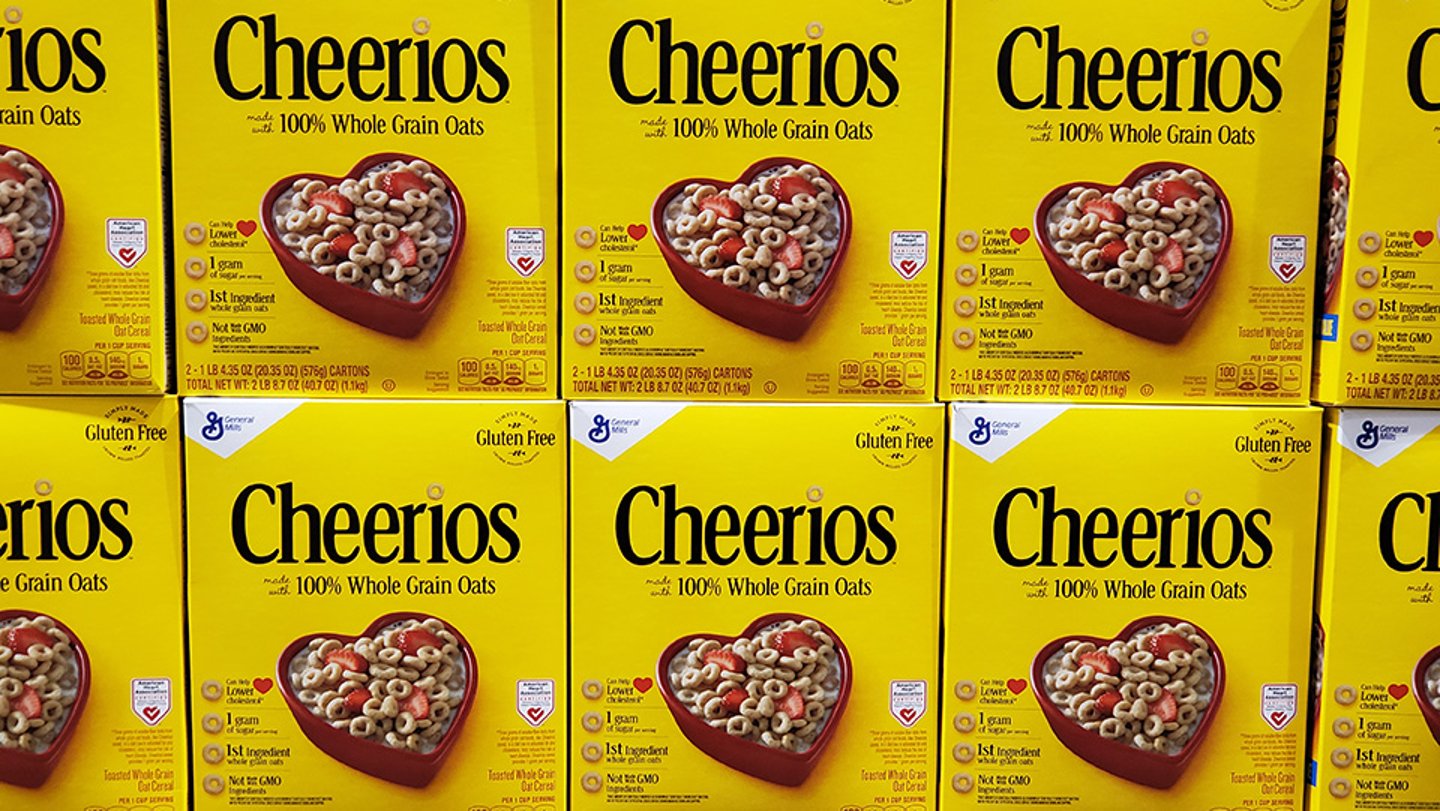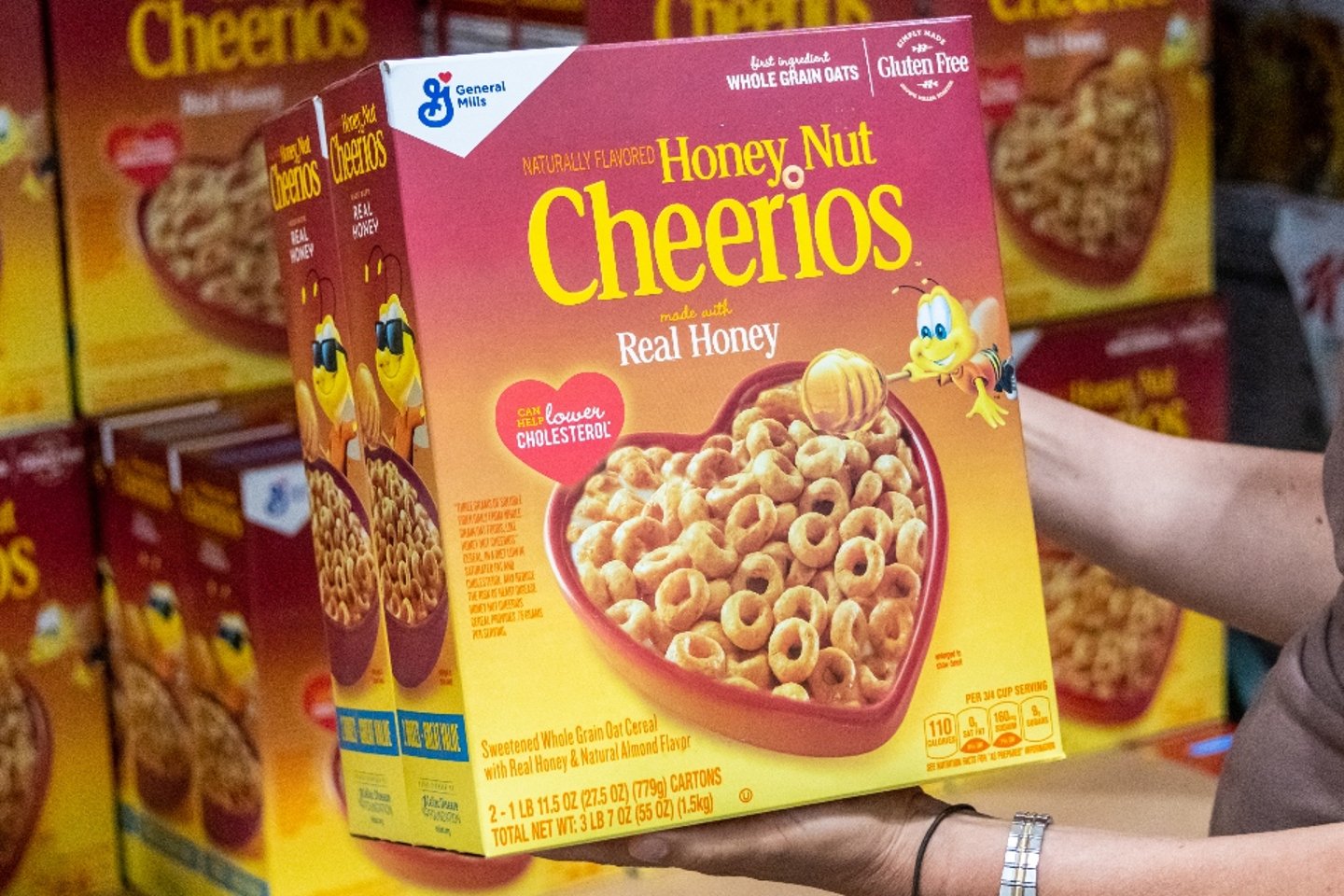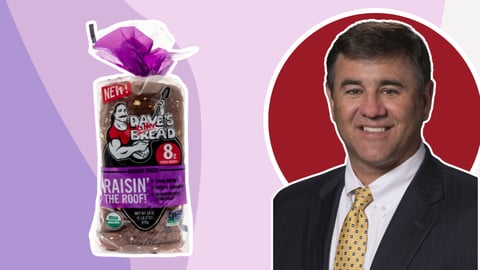General Mills Expanding Generative AI in Procurement Amid Shift to Always-On Supply Chain
General Mills' use of artificial intelligence is helping evolve its supply chain organization from a design-to-value model to an “always-on" model that works more dynamically than episodically.
The CPG is using enhanced datasets within procurement to develop models that identify the cost gap in ingredients and packaging materials, Paul Gallagher, General Mills chief supply chain officer, shared in a recent Gartner podcast. Analytics using generative AI algorithms have recorded more than 30% waste reduction in areas where the data has been implemented, prompting the company to expand the program.
“Historically, we would have rotated through cycles of category should-cost productivity models with potentially missing or delaying savings,” said Gallagher. “Our new reality is that we see this always-on approach driving incremental value, and the ability to react faster [when] we get supplier disruptions or market dynamics change.”
Learn more about the potential of generative AI in the supply chain at Analytics Unite, held May 1-3 in Chicago. Don't miss out!
In logistics, the company launched the ELF (End to End Logistics Flow) product last year, which leverages artificial intelligence to improve supply chain execution. Developed in partnership with Palantir, ELF seeks to support end-to-end supply chain transparency through dynamic order processing, and it’s optimized through a range of inputs that include cost, weather, customer timelines, and greenhouse gas emissions.
Use began in General Mills’ U.S. human foods business, which sees about 3,000 orders each day. In the first six months, the technology has resulted in up to 400 recommendations to teams, with 70% of them automatically accepted. This is translating into tens of thousands of dollars in daily benefits, per Gallagher.
See also: General Mills' Big Data Science Bets Pay Off
Ultimately, decisions that used to take a day now take a minute: “What we're seeing is that we're moving from a world where people make those decisions supported by machines to one where the machines make most of the decisions that are guided by people. And this intelligent execution at scale is where we're seeing the benefits come through to our supply chain.”
COD Pod Updates
The CSO for the No. 32 publicly owned consumer goods company also shared insight into how the implementation of its first fully cloud-based application, known as COD Pod, is spurring a cultural change across the organization.
Initially rolled out in its retail segment in North America, COD Pod links master, operational, and transactional data — which required moving more than 2,000 tables of information.
The application was deployed as part of General Mills’ larger Business Performance Management strategy, which focuses on exception-based activities across day-to-day operations, improving three-year and longer-term goals, and long-term enterprise transformation.
“It isn’t that we didn't have a business performance management process in the past, but managing performance and communicating across the vast supply chain network used to take incredible manpower, and there was potential for errors and gaps,” noted Gallagher. “This was amplified, especially through the pandemic, and now our new capability brings that data process and technology to this platform.”
The platform now operates at scale, providing "near-real-time" information to nearly 2,000 users weekly. (While some KPIs are real-time, Gallagher said others are still manually loaded.) It’s also driving the necessary culture changes for improvement and leadership in today’s digitally connected landscape.
“If decisions are not actioned by the owner by a certain date and agreed, it automatically gets escalated to the next level,” he said. “I get to see those at a weekly meeting, and probably no surprise [that] I don't actually get a lot of decisions that gravitate to my level.”







